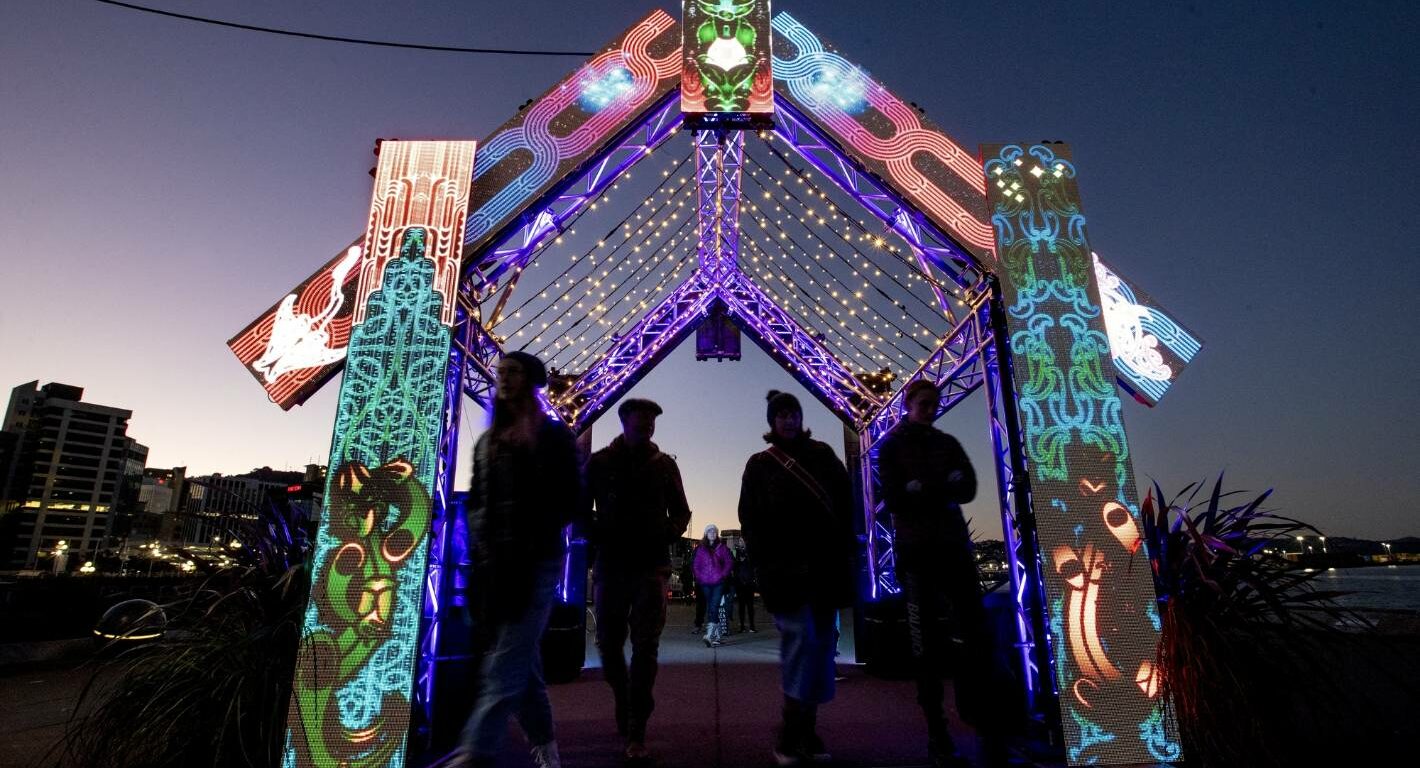Our teams in New Zealand will be celebrating Matariki, the Māori New Year, this Friday 24 June. This year it marks the day’s first as a public holiday in New Zealand. As part of our Group’s Diversity & Inclusion strategy here we have collected some information about the cultural significance of the event and what our teams in New Zealand will do to mark it.
What is Matariki ?
Matariki is known as the Māori New Year in Te Ao Māori (the Māori world view).
Closely connected with the maramataka (the Māori lunar calendar), the reappearance of the Matariki stars in the early morning sky brings the past year to a close and marks the beginning of the new year.
Mātauranga Māori (ancestral knowledge and wisdom) is at the heart of celebrations of the Matariki public holiday and it will be a time for :
- Remembrance – Honoring those we have lost since the last rising of Matariki ;
- Celebrating the present – Gathering together to give thanks for what we have ;
- Looking to the future – Looking forward to the promise of a new year.
Historically, the stars of Matariki were also closely tied to planting, harvesting and hunting. If the stars appeared clear and bright, it signified an abundant season ahead.
When is Matariki?
Matariki takes place in mid-winter from late May to early July. The dates vary according to tribes and geography.
This year (2022), the first public holiday to celebrate Matariki will be on Friday 24 June, marking the reappearance of the constellation. The best time to view the Matariki cluster is early morning, just before dawn.
What will Transdev in New Zealand be doing to celebrate?
Our team members in New Zealand will be having a hāngī on Thursday morning, as they won’t be at work on Friday.
In traditional hāngī cooking, food such as fish and kumara (sweet potato), were cooked in a pit dug in the ground. Today, pork, lamb, potato, pumpkin and cabbage are also included.
The Hāngī is left in the ground for about three to four hours, depending on the amount of food. The result of this process is tender meat and delicious vegetables, infused with smoky, earthy flavors.
Good food is central to the spirit of manaakitanga (hospitality). There are few experiences that rival sharing a feast cooked in a traditional Maori hāngī (earth oven), a centuries-old cooking method perfect for feeding a crowd and bringing a community together.
Our teams in New Zealand won’t be digging up any train tracks or wires, though – they’ll be using a modern hāngī method, which doesn’t require digging a hole.

